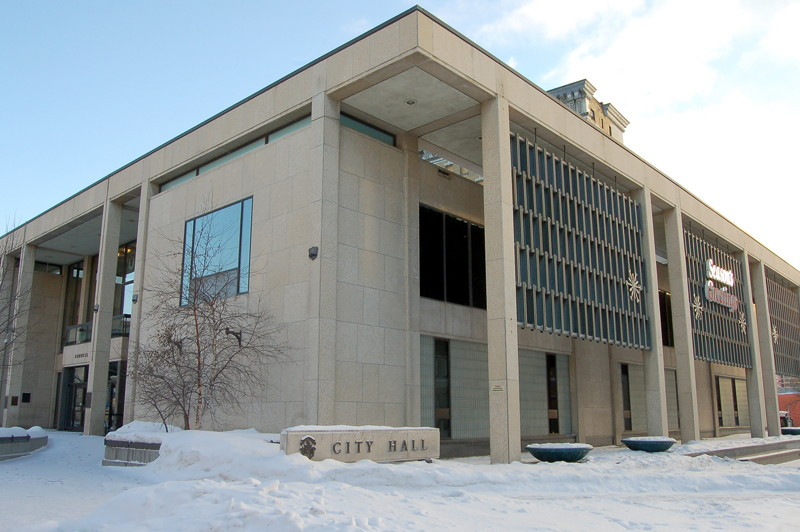Long-term strategy needed for 2011 municipal budget, say critics
13-year property tax freeze traps Winnipeg in a ‘financial straitjacket’
With the 2011 municipal budget fast approaching, the Canadian Centre for Policy Alternatives (CCPA) is calling for an end to Winnipeg’s 13-year property tax freeze – a policy they describe as a “financial straitjacket.”
“There has been a ... long campaign to convince people that taxes are evil,” said Lynne Fernandez, a political economist for the Manitoba office of the CCPA. “We’re trying to turn that around.”
In their 2010 alternative budget titled 20/20: A Clear Vision for Winnipeg, the CCPA proposes that the city adjust property taxes, a tax on the assessed value of both residential and non-residential property, to the rate of inflation.
Adjusting property taxes for inflation would result in a one per cent increase in rates. It would generate over $4 million in additional revenue, according to 2010 city statistics.
The property tax is among the largest of Winnipeg’s limited revenue streams, accounting for 53 per cent of the 2010 operating budget. The CCPA argue that retaining a lengthy freeze on those taxes is unsustainable given the growth of Winnipeg’s population and its $7.4 billion infrastructure deficit.
“The role of taxation is to provide ... equal access to essential services in society,” said Fernandez, adding that the city won’t be able to fund those services if it retains the tax freeze.
However, Mayor Sam Katz has said repeatedly that raising taxes will only be considered as a last resort in 2011. The city maintains that low property taxes attract people and investment to Winnipeg.
Brian F. Kelcey is an urban politics expert and the author of the popular State of the City blog. He served as budget advisor to Katz from 2005-2008.
Despite disagreeing with the CCPA on several issues, Kelcey agrees that an increase in property taxes is inevitable and that a long-term strategy is needed in 2011.
“ There has been a ... long campaign to convince people that taxes are evil.
Lynne Fernandez, political economist, Canadian Centre for Policy Alternatives
“No matter what you think of the mayor personally ... there’s no strategy for what happens ... in terms of taxes,” he said.
The CCPA also claims that the city was forced to raid its own reserves to balance last year’s budget. In particular, the organization takes issue with a transfer of $11.5 million from the General Revenue Fund and Land Reserve Fund.
Kelcey agrees that the city should reduce its reliance on transfers, which he calls “one-time money,” in 2011.
Large “one-time money” transfers diminish Winnipeg’s ability to balance future budgets because the city cannot rely on that revenue in the following year, he said.
“As this administration got more and more into the habit of avoiding long-term (financial) decisions…the more it started to lean on one-time revenue,” Kelcey stated.
The city also behaved irresponsibly by balancing the operating budget based on $10 million of one-time revenue from a lawsuit against Manitoba Hydro that has yet to be resolved, he said.
George Brown has been a homeowner in Winnipeg for 32 years.
He wants the freeze to be retained for as long as possible and is satisfied with the direction Winnipeg has taken under Katz.
“We’re balancing the budget now and there are other revenue streams” that the city can access, Brown said, citing ways of cutting costs by contracting out city jobs and services more efficiently.
Coun. Scott Fielding, chair of the standing policy committee on finance, was unavailable for comment before press time. Representatives from the mayor’s office did not respond to requests for an interview.
Published in Volume 65, Number 15 of The Uniter (January 13, 2011)







